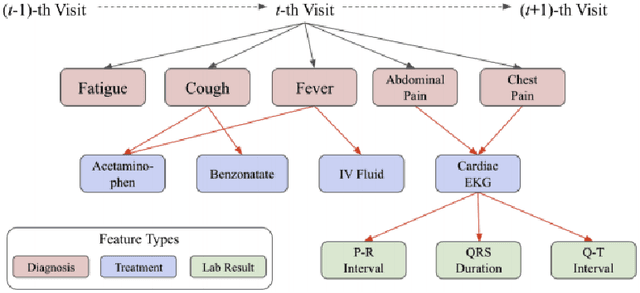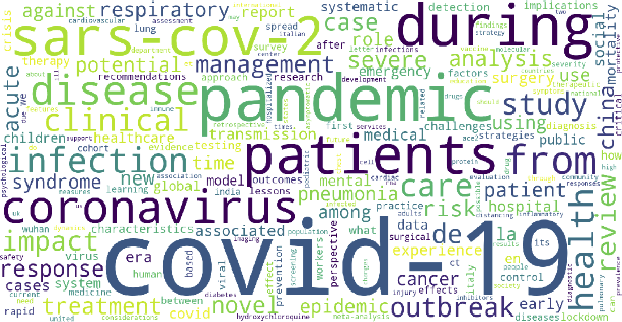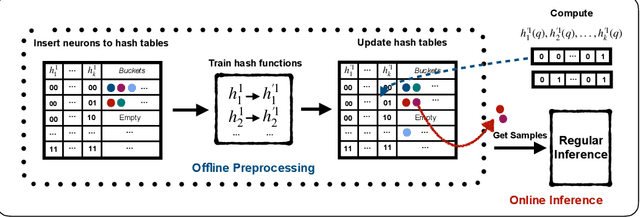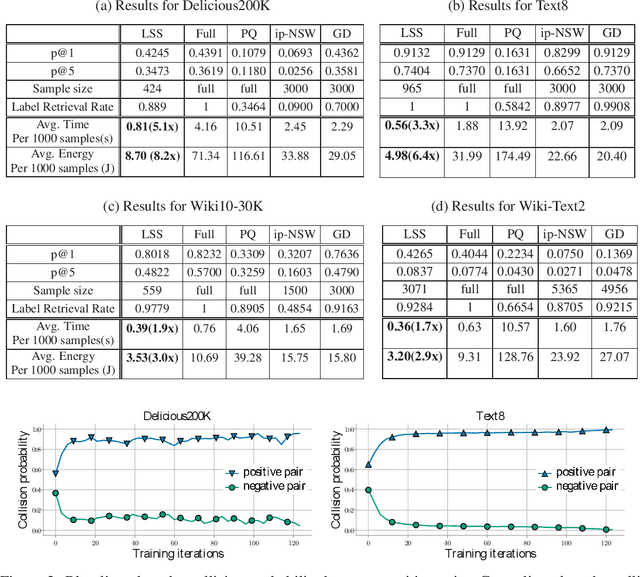Alan Ji
Rice University, Houston, United States
COVID-19 Smart Chatbot Prototype for Patient Monitoring
Mar 11, 2021



Abstract:Many COVID-19 patients developed prolonged symptoms after the infection, including fatigue, delirium, and headache. The long-term health impact of these conditions is still not clear. It is necessary to develop a way to follow up with these patients for monitoring their health status to support timely intervention and treatment. In the lack of sufficient human resources to follow up with patients, we propose a novel smart chatbot solution backed with machine learning to collect information (i.e., generating digital diary) in a personalized manner. In this article, we describe the design framework and components of our prototype.
Climbing the WOL: Training for Cheaper Inference
Jul 03, 2020



Abstract:Efficient inference for wide output layers (WOLs) is an essential yet challenging task in large scale machine learning. Most approaches reduce this problem to approximate maximum inner product search (MIPS), which relies heavily on the observation that for a given model, ground truth labels correspond to logits of highest value during full model inference. However, such an assumption is restrictive in practice. In this paper, we argue that approximate MIPS subroutines, despite having sub-linear computation time, are sub-optimal because they are tailored for retrieving large inner products with high recall instead of retrieving the correct labels. With WOL, the labels often have moderate inner products, which makes approximate MIPS more challenging. We propose an alternative problem formulation, called Label Superior Sampling (LSS), where the objective is to tailor the system to ensure retrieval of the correct label. Accordingly, we propose a novel learned hash approach, which is significantly more efficient and sufficient for high inference accuracy than MIPS baselines. Our extensive evaluation indicates that LSS can match or even outperform full inference accuracy with around 5x speed up and 87% energy reduction.
 Add to Chrome
Add to Chrome Add to Firefox
Add to Firefox Add to Edge
Add to Edge